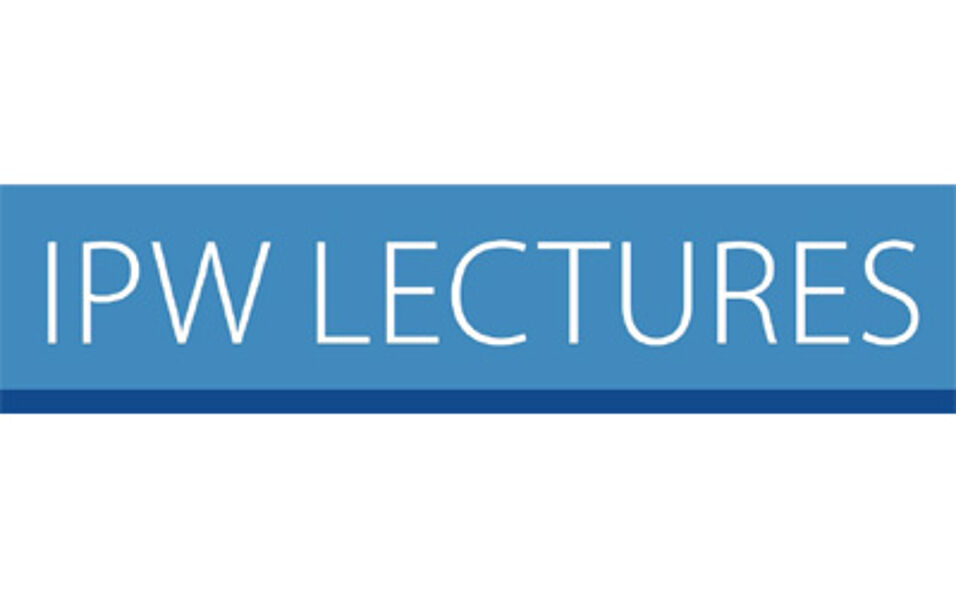When: Wednesday, 30 November 2022, 17:00
Where: online via Zoom (please register via E-Mail)
Lecturer: Anna-Katharina Hornidge (Director of the German Institute of Development and Sustainability (IDOS) & Professor at Bonn University)
Chair: Ina Tessnow-von Wysocki (University of Vienna)
Discussants: Alice Vadrot & Krystel Wanneau (both: University of Vienna)
Abstract
Epistemic work in research teams consists largely of communication. Ideally, communication is a form of data- and theory-based scientific argumentation, i.e. a communicative cooperation and opposition, in which the good argument, experience, reputation and acquired position in the research field are significant factors when it comes to the power to assert one's view of things. Physical strength or physical attractiveness of the participating scientists explicitly have no place there. Here we investigate the question of whether, in certain spaces and certain situations, communication with the (strong and/or attractive) body implicitly plays a role in processes of scientific knowledge production. In other words: Does communication with the body, i.e. communication in which unmistakable physical strength or physical attractiveness is brought into play, have an effect on the production of scientific knowledge itself, does it guide and shape it? And to what extent is this relevant at a time when almost all areas of large-scale research financed by Germany are gradually emigrating from the universities and being conducted in non-university, globally active research institutes - in ever larger international teams that are increasingly dependent on each other in their epistemic work and which rely on very expensive research infrastructures, laboratories, field stations and sometimes also on research ships? What role does communication with the body and the body power thus acquired play in processes of scientific knowledge production? These questions about the role of body power for epistemic work in science will be examined by means of two empirical data collections at two locations and in two forms of scientific knowledge production: an agricultural research station in northwest Uzbekistan and the research vessel Meteor on a cruise in the South Atlantic.
A recording of the lecture is available here (Passcode: ^6YEE4jL.

